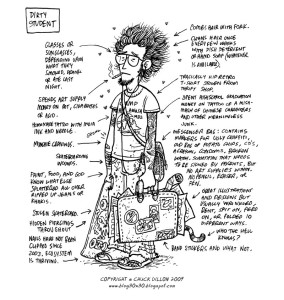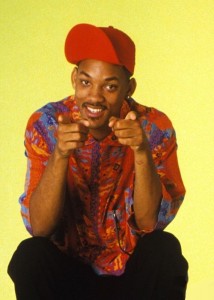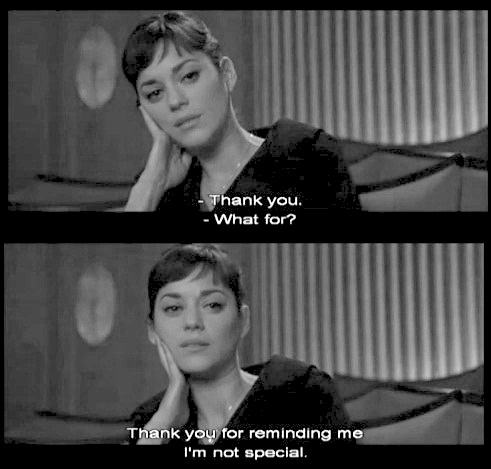00II of potential hindrances to our creative development continued…
Was anyone in your family, immediate or extended, ever bestowed the title of “The Creative One”? Was that person you, or do you have the distinct recall that it was not you?
In my last article, I brought up some scientific regard for the presence or lack of a creative spark. I know that many people like to give a lot of credence to science but in the beginning of our lives we tend to put our trust and sense of self in the hands of the people we are close to. I certainly did. And everyone knows there’s a tendency to equate honesty with negativity or criticism because, hey, who wants to look foolish? Believing we don’t have an ability is so much easier– until we feel like something’s missing.

Chuck Dillon’s expression of a creative stereotype.
I have already talked a bit about the hang-ups and potential drag that comes with being called an artist on certain terms in Chapter 1; as long as we are making things that fit a common definition and perception of what art is, we are safe (and possibly bored while masking a lack of confidence). But what I wanted to say here is that you may be someone who was written off or dismissed as unartistic through a comparison to a sibling, parent or a somewhat stereotypical portrait of a creative individual.
Looking back, I have the most pleasant recollection of my fascination with the creative abilities of all of my family members. And all of them, except my father, consider themselves to be lacking a creative something. My mother, for example, has the most beautiful cursive and she’s left-handed (what additional baggage that brings!). Also, the way she becomes immersed in a film and empathizes whole-heartedly with the characters makes me believe she could be a wonderful actor. Seriously, sometimes the anguish she mirrors for a character is more believable than the actor we are watching. And even if my mother has no desire to pursue acting, my point is that she believes she doesn’t have the spark even though there is so much evidence to say that it exists and she has access to it. It’s there even in how she expresses herself in daily activities. My father, on the other hand, is an amazing musician, vocalist and luthier and, therefore, his creativity is very visible and he receives continuous encouragement.
You may be thinking that I have an advantage with the highly visible presence of creativity in my father but what I’m hoping to illustrate (rather awkwardly) is that while we may consider ourselves untalented and ordinary (even those who are named the creative ones feel this way), others may see something unique in us that we are blind to. Our particular expression might manifest very mysteriously. In the end, we have to be the one to open up to what may be right in front of us or lying deeply dormant or more or less unactivated.
If it’s crossed your mind that, “not everyone is meant to be an artist”, really, I am not saying we are all artists (although maybe we are). We are not trading a perception that we are uncreative for a delusion or fantasy. And what causes one to identify and commit themselves as an artist is a whole other realm. This is about acknowledging an untapped aspect of being human. We don’t need to worry about aligning with cultural identifications, levels and degrees of success. Those are more like familiar stone statues in an enclosed park and the spark we’re after sends us wading casually in a wild open field.

Will Smith (from The Fresh Prince of Bel Air era)
So. Have you decided that you don’t have any creative something based on the judgement of a family member, friend, teacher, co-worker, boss or whoever? These people may have just been trying to encourage you to develop your visible strengths and abilities to shelter you from some disappointment. Or, as actor, producer and songwriter Will Smith once said, “You got a dream, you gotta protect it. When people can’t do something themselves, they are going to tell you that you can’t do it.”
If you don’t give a rats butt what some sourball says you can’t do, perhaps you harbour some other intellection that holds your creativity at arms length? There are at least two more on the sub-assumption list from Part 1 of this chapter…
Failure is unimportant. It takes courage to make a fool of yourself.
-CHARLIE CHAPLIN
